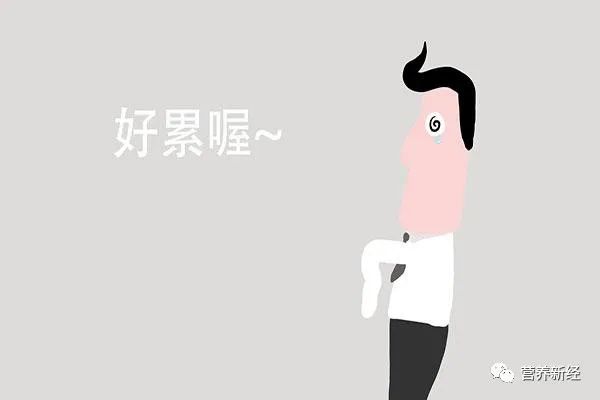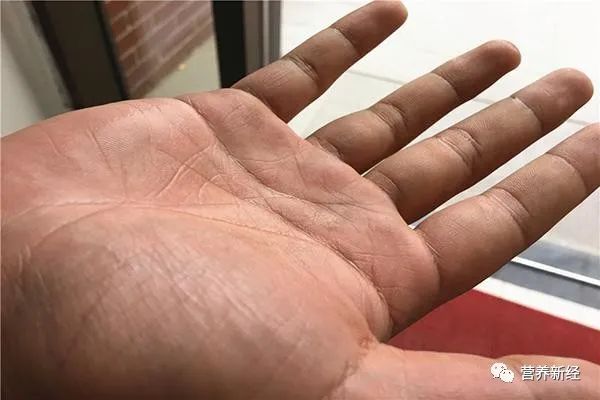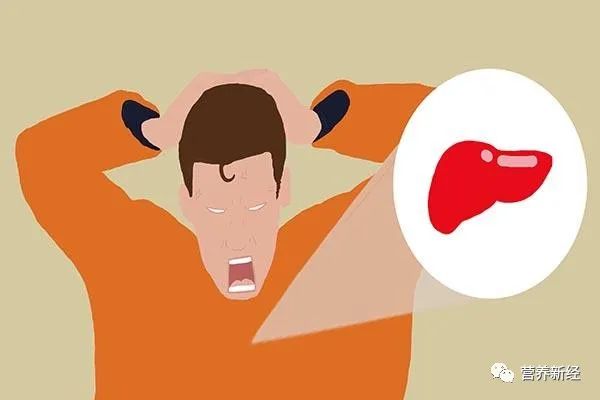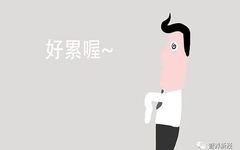When chatting with friends, we often jokingly say, “Are you feeling a bit weak?” Although this is a common jest, many people indeed find themselves in a sub-healthy state. Some may even feel that they are genuinely weak and thus self-supplement.
However, if one does not know the specific issue they are facing and randomly tries to adjust their health, it may actually worsen their condition. Traditional Chinese Medicine (TCM) emphasizes the balance of Yin and Yang; even within deficiency, there are distinctions. Today, we will discuss Yin deficiency and provide some recommendations for improvement. What common characteristics do individuals with Yin deficiency share? How can they improve? If you identify with these symptoms, it is advisable to start adjusting your health early, as neglecting them can lead to more significant health issues over time.
What Causes Yin Deficiency?
Simply put, it is due to a reduction in the body’s Yin fluids, which include blood, saliva, and other bodily fluids.
The occurrence of Yin deficiency is related to both congenital and acquired factors, with the latter often having a more significant impact, closely linked to many people’s daily unhealthy habits. If you find yourself engaging in the following detrimental habits frequently, it is time to pay attention and consider making changes; even correcting one habit can be beneficial.

Excessive fatigue can increase the likelihood of Yin deficiency, affecting not only the body but also the mind. Constantly placing oneself under significant stress, working or exercising for extended periods, or overthinking and being overly anxious can damage the body’s vital energy, leading to Yin deficiency. Moreover, maintaining such a state can increase the risk of various diseases.
In TCM, it is said: “When Yang energy is exhausted, one sleeps; when Yin energy is exhausted, one is awake.” As the sun sets, one should rest promptly, allowing the body time to recuperate. If one frequently stays up late, over time, this will deplete bodily fluids, gradually leading to a Yin deficient constitution. Additionally, this can accelerate aging and affect one’s condition the following day.
Furthermore, for the elderly, many bodily functions decline, and Qi and blood are easily deficient, making them more susceptible to Yin deficiency.
While aging is inevitable, some bad habits can be corrected in a timely manner. It is hoped that you do not have these habits; if you do, it is advisable to change them early. For individuals with this condition, it is beneficial to observe whether they frequently experience the following abnormal symptoms. If so, early adjustment is recommended to alleviate discomfort.
Common Symptoms of Yin Deficiency

(1) Sensitivity to heat
In contrast to Yang deficiency, Yin deficiency is often associated with excessive internal heat. Individuals with this condition typically experience a surplus of internal fire, often feeling hot in their hands and feet, even in cooler weather, and may need to keep their extremities outside the covers to feel comfortable while sleeping.
(2) Frequent thirst and increased water intake
A lack of bodily fluids can lead to dry mouth, resulting in an increased daily water intake.
(3) Poor sleep quality
Even without stress or heavy blankets, individuals may experience night sweats while sleeping, which may improve upon waking. However, frequent occurrences can significantly impact sleep quality.
(4) Dry skin
During autumn and winter, many people experience dry skin, with flakes appearing after removing long underwear. This is partly due to dry weather and a reduction in bodily fluids, which fails to nourish the skin adequately. Those with Yin deficiency are already at a disadvantage, making them more prone to this issue.
Of course, not everyone will experience these symptoms, as Yin deficiency can manifest in different forms, with variations in affected areas leading to different bodily responses. For example:

For those with liver Yin deficiency, the eyes may be more affected, leading to dryness and discomfort, and emotions may be harder to control, resulting in irritability and anger.
For those with kidney Yin deficiency, common symptoms include insomnia, forgetfulness, and soreness in the lower back and knees. For women, menstrual irregularities may also occur.
How to Nourish Yin in Autumn and Winter?
TCM emphasizes aligning health practices with the seasons, advocating for Yin nourishment during autumn and winter. The following methods for nourishing Yin may be beneficial for those with Yin deficiency; adjustments should be made based on individual circumstances.
Herbal remedies can be used for adjustment, such as drinking infusions of American ginseng (Xi Yang Shen), which helps nourish Yin and replenish Qi. Compared to regular ginseng, it is less likely to cause internal heat. It is recommended that individuals seeking to improve their constitution through this method consult a TCM practitioner, as each person’s situation is unique, and TCM emphasizes differential diagnosis; choosing the right remedy is crucial. Do not self-medicate with herbs.

Additionally, avoid self-medicating with proprietary Chinese medicines if you are unsure of your specific type of Yin deficiency, as random supplementation may exacerbate the condition.
Moreover, focusing on lifestyle and health practices is essential. As the weather cools, it is important for everyone to exercise cautiously, and those with Yin deficiency should particularly avoid excessive or intense exercise to prevent further depletion. It is also important to manage work schedules to ensure adequate sleep, which is beneficial for nourishing Yin. Try to minimize anger and internal heat, and avoid excessive anxiety. With timely adjustments, the body can gradually improve.
In TCM, it is believed that individuals have different constitutions. For those with Yin deficiency, the aforementioned symptoms may commonly occur. If you identify with these, early adjustment is recommended. The suggestions provided in this article can serve as a reference, but it is crucial to understand your specific condition and address it accordingly for optimal results. Always seek guidance from a TCM practitioner rather than blindly following others’ methods, as this may lead to ineffective results or even worsen discomfort.

